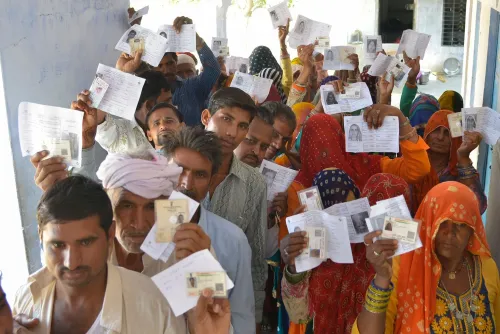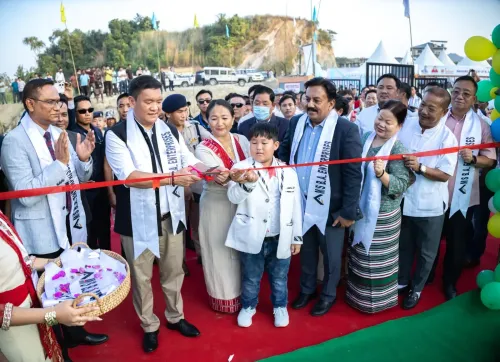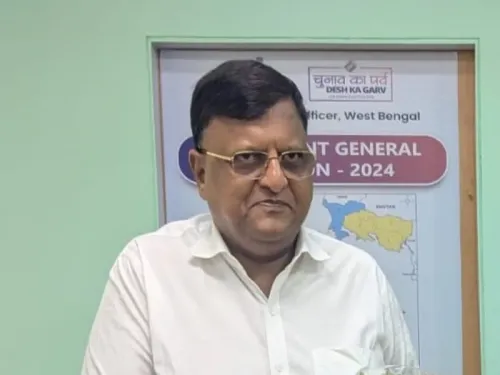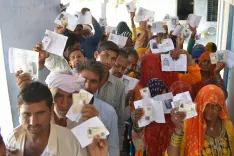Has the Maha government revamped its M Sand policy with strict penalties?
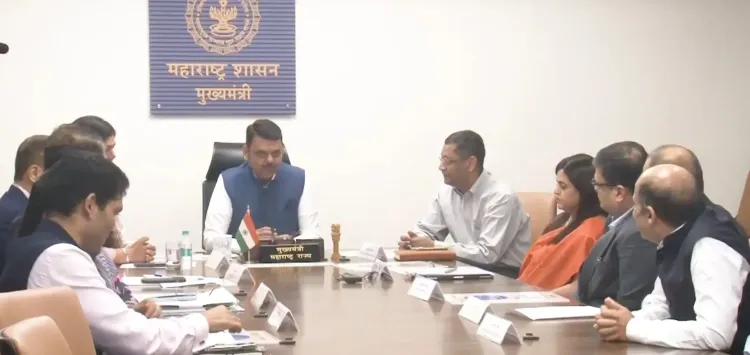
Synopsis
Key Takeaways
- New penalties for M Sand quality violations.
- District Collectors now have enhanced authority.
- Cap on M Sand units raised to 100 per district.
- Focus on promoting M Sand as a sustainable alternative.
- Stricter regulations to curb illegal sand mining.
Mumbai, Oct 28 (NationPress) The Maharashtra government on Tuesday unveiled a significant revision of its M Sand (artificial sand) policy, introducing stringent penalties for quality violations.
The government has also granted District Collectors with enhanced authority, comparable to that of a ministry. Revenue Minister Chandrashekhar Bawankule emphasized that all M-Sand units must comply with Bureau of Indian Standards (BSI) and IS Codes.
Inspections led by District Collectors that uncover non-compliance will lead to a suspension of licenses for six months; repeat offenses may result in permanent revocation.
Minister Bawankule remarked, “We are implementing essential changes to encourage local entrepreneurs while maintaining a strict focus on M-Sand quality. District Collectors now possess complete authority for implementation.”
The cap on district units has increased from 50 to 100, allowing Collectors to approve units and offer incentives based on geographic considerations and applications. Government benefits apply to the first 50 units in each district and can be extended to 100.
Bawankule noted that government land auctions are restricted to institutions registered in Maharashtra; current mining lease holders cannot prioritize new entrepreneurs. Each unit is allocated 5-10 acres and must be operational within one year of receiving approval.
The reforms aim to establish M-Sand as a sustainable alternative to natural sand, with decentralized enforcement against inferior products, as stated by Minister Bawankule.
Previously, the Minister highlighted that the revised sand policy aims to regulate sand excavation, distribution, and transportation to combat illegal activities and ensure a sustainable supply. This includes e-auctions for sand clusters, the promotion of M-Sand (artificial sand), and provision of free sand (up to 5 brass) for rural housing beneficiaries under the Gharkul scheme.
To minimize dependence on river sand, the policy encourages the use of M-Sand (manufactured sand), permitting 50 crusher units per district and mandating its use in government projects (initially 20 percent, increasing to 100 percent over three years). This shift indirectly affects transportation logistics by focusing on locally produced artificial sand.


